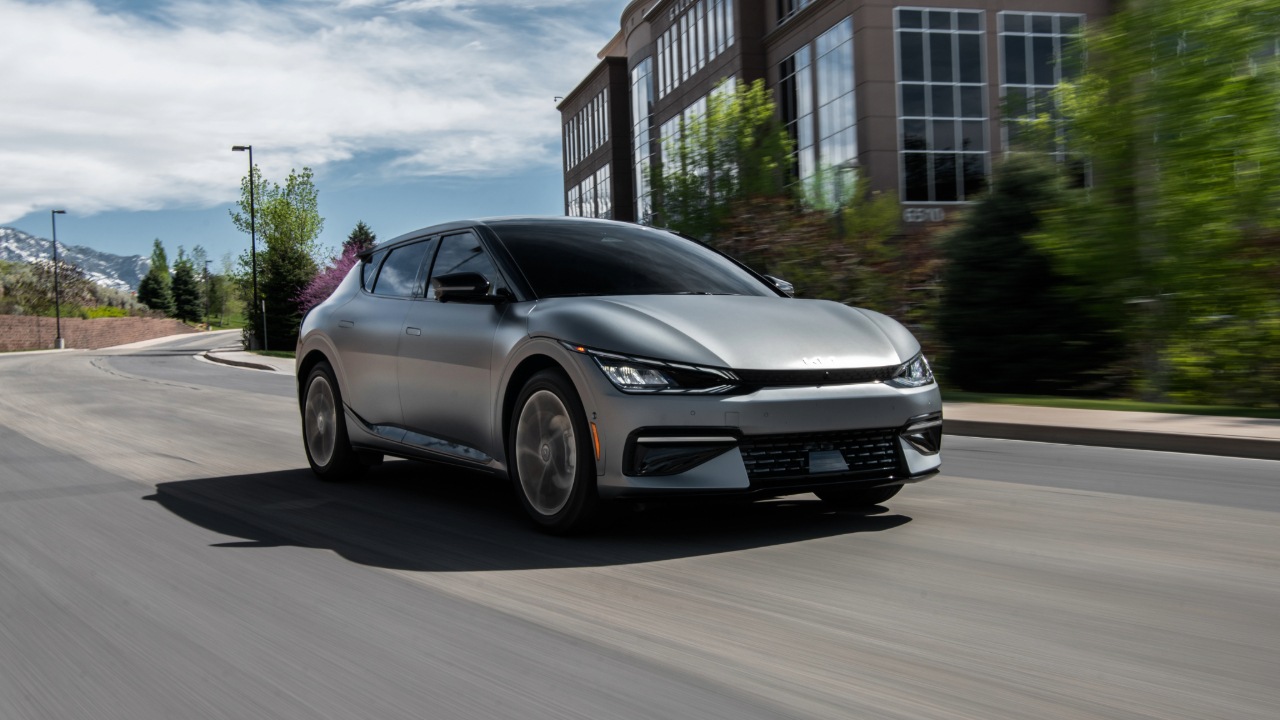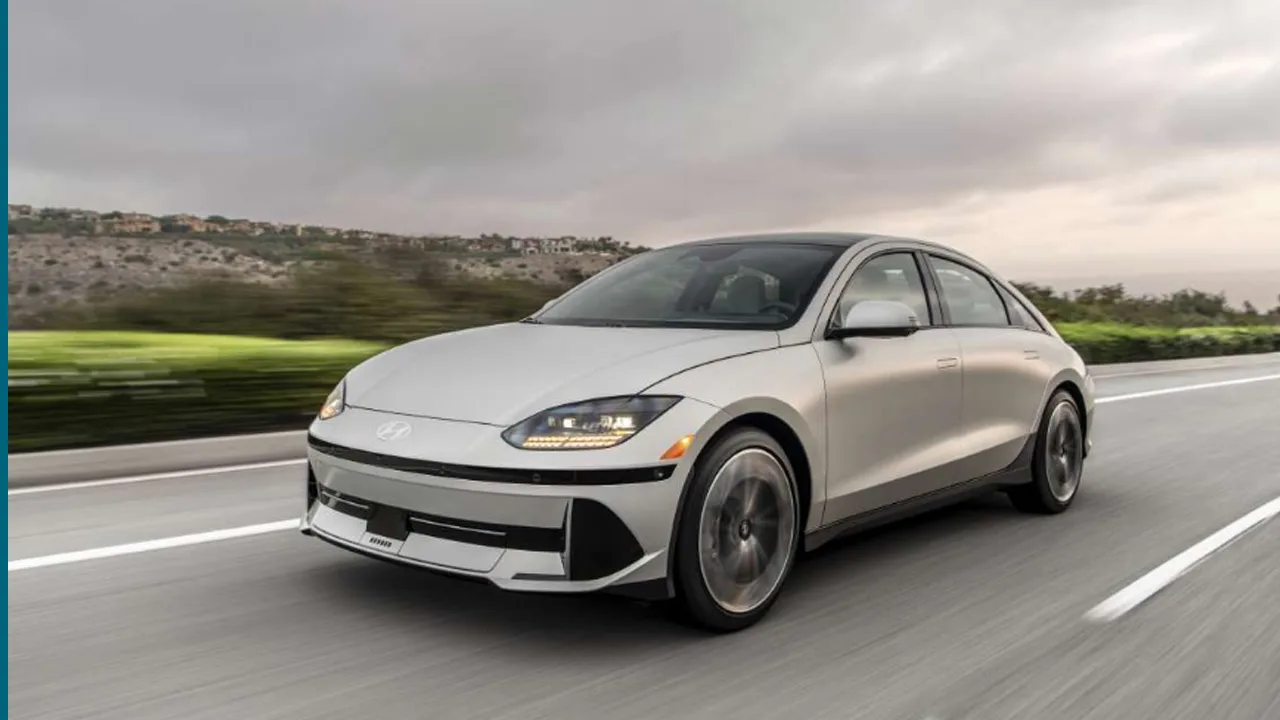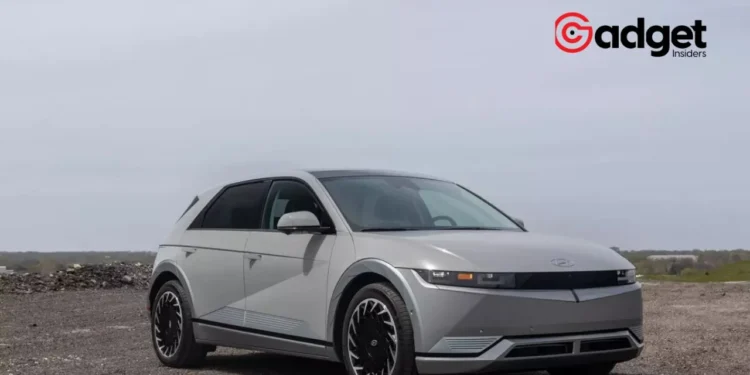In a move that’s stirred the automotive world, Hyundai and Kia have issued a recall for a whopping 147,110 vehicles, including popular electric models like the Ioniq and the EV6. The recall announced amidst concerns over an integrated charging control unit defect, has sent ripples through the industry, highlighting the complex challenges faced by automakers as they navigate the electric vehicle (EV) revolution.

The Heart of the Problem: Charging Control Gone Awry
At the core of this massive recall is the integrated charging control unit, a pivotal component in these vehicles’ electrical systems. Designed to maintain the charge of the car’s 12-volt backup battery, this unit is now under scrutiny for malfunctioning, raising alarms over potential power loss during operation.
According to documents filed with the National Highway Traffic Safety Administration, the malfunction could lead to sudden power loss, significantly increasing the risk of accidents—a scenario every driver dreads.
Hyundai and Kia to recall 147,000 EVs in the US including the IONIQ 5, EV6 https://t.co/VA6oZjQo2p
— Oregon Electric Vehicle Association (oeva.org) (@OEVAorg) March 23, 2024
The Models in Question
The recall spans an impressive array of models from both Hyundai and Kia, underscoring the scale of the issue. Among the affected vehicles are the:
- 2023-2024 Genesis GV60
- 2023-2024 Genesis GV70
- 2023-2024 Genesis GV80
- 2022-2024 Hyundai Ioniq 5
- 2023-2024 Hyundai Ioniq 6
- 2022-2024 Kia EV6
Manufactured between October 2021 and March 2024 for Hyundai and November 2021 to February 2024 for Kia, these models represent the cutting edge of the automakers’ forays into electric mobility.
Implications and Insights
This recall is not just a logistical nightmare for Hyundai and Kia; it’s a bellwether for the EV industry at large. As automakers worldwide pivot towards electric mobility, the challenges of ensuring reliability and safety in increasingly complex vehicles become more apparent.
This incident serves as a stark reminder of the teething problems facing the industry as it steps into a greener future.

Moreover, the timing of this recall coincides with the Environmental Protection Agency’s announcement of new emissions rules for passenger vehicles, adding another layer of complexity for automakers.
These regulations, aimed at reducing the environmental impact of cars, further emphasize the importance of reliability and safety in the next generation of vehicles.
Hyundai Motors: Looking Ahead
For both South Korean automobile brands, the road ahead involves not just addressing the current recall efficiently but also ensuring such issues are preemptively identified and rectified in future models.
As the automotive industry continues to evolve, the lessons learned from such recalls will undoubtedly shape the safety and reliability standards of tomorrow’s electric vehicles. This recall serves as a critical checkpoint for both South Korean automobile brands, and the automotive industry at large, offering valuable insights into the challenges of electrification.
As automakers tread the path toward a sustainable automotive ecosystem, the journey promises to be one of learning, adaptation, and innovation.









